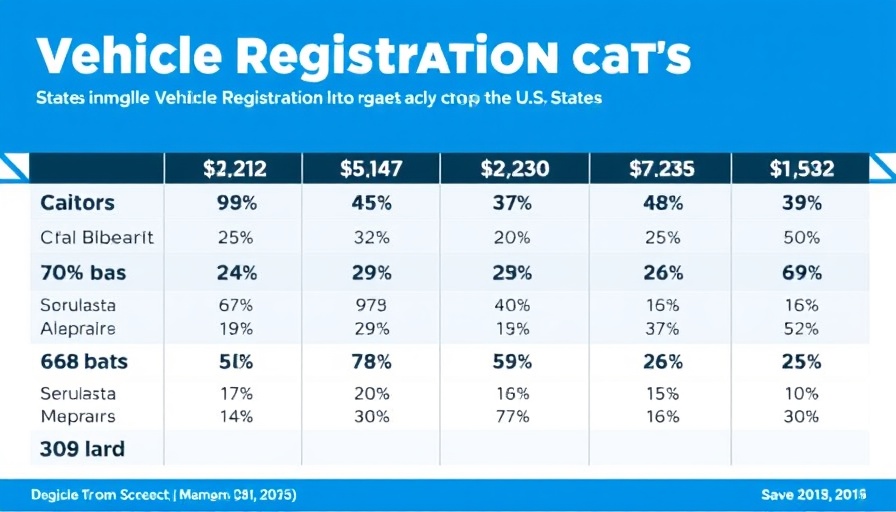
Revamping B2B Strategies: The AI Advantage
As businesses navigate the complexities of the digital landscape, AI has emerged as a transformative force in B2B sales and marketing. Jaleh Rezaei, the CEO and co-founder of Mutiny, sheds light on this transformation in the latest GTM Podcast episode, discussing how AI-powered personalization is reshaping sales strategies and enhancing customer relationships.
The Case for Personalization in B2B
In an age where buyers demand tailored experiences, businesses can no longer afford to adopt a one-size-fits-all approach. Rezaei emphasizes that AI not only analyzes massive datasets, from transaction histories to browsing patterns, but also crafts personalized customer journeys that engage prospects at every touchpoint. This hyper-personalization can drive engagement to unprecedented levels, yielding conversion rates that are 14 times higher than traditional methods.
Our Evolving Understanding of Sales Alignment
Historically, there has been a persistent clash between sales and marketing teams, but leveraging AI can bridge this gap. McKinsey's insights reinforce this point, highlighting that successful B2B organizations leverage technology to foster cooperation between departments. By using AI to analyze customer interactions and feedback in real time, teams can align their strategies, ensuring that no lead is mishandled and every opportunity for conversion is maximized.
AI's Role in Identifying High-Quality Leads
The power of AI extends into the realm of lead generation. With sophisticated lead scoring models, businesses can now focus primarily on high-value prospects. As mentioned in SFE Partners' exploration of AI in sales, these AI-driven tools assess myriad factors—from engagement levels to industry specifics—allowing sales teams to prioritize effectively. This increased precision is critical in today’s competitive B2B landscape, where efficiency directly correlates with profitability.
Mitigating Risks in AI-Driven Sales
While integrating AI into sales processes offers significant advantages, it also carries inherent risks. Jaleh Rezaei warns of the common pitfalls associated with AI-driven outbound marketing efforts. Businesses must be diligent in overseeing these implementations, ensuring they do not rely solely on automated systems without human oversight. Instead, they should view AI as a sophisticated tool that enhances human capabilities instead of replacing them.
The Future of B2B Sales: Insights and Predictions
Looking forward, it is evident that B2B sales strategies will continue to evolve with AI at their helm. Organizations that can harness the full potential of these technologies stand to gain considerable advantages. According to research shared by McKinsey, ongoing investments in AI technologies are expected to yield substantial growth, further cementing AI’s role in the future of B2B sales.
Your Next Steps for B2B Success
For organizations eager to capitalize on AI’s impact in B2B sales, investing in advanced technologies is imperative. The introduction of AI tools within existing frameworks will ensure businesses not only remain competitive but are also equipped to meet the shifting demands of their customers. As Rezaei points out, the era of transactional sales is over; the focus must now be on building authentic, valuable relationships with clients.
Embrace AI as your ally in this journey. Investing in the right tools and processes will empower your teams, aligning sales and marketing efforts, and ultimately fostering profound connections with customers that enhance loyalty and drive sales.
 Add Row
Add Row  Add
Add 

 Add Row
Add Row  Add Element
Add Element 




Write A Comment